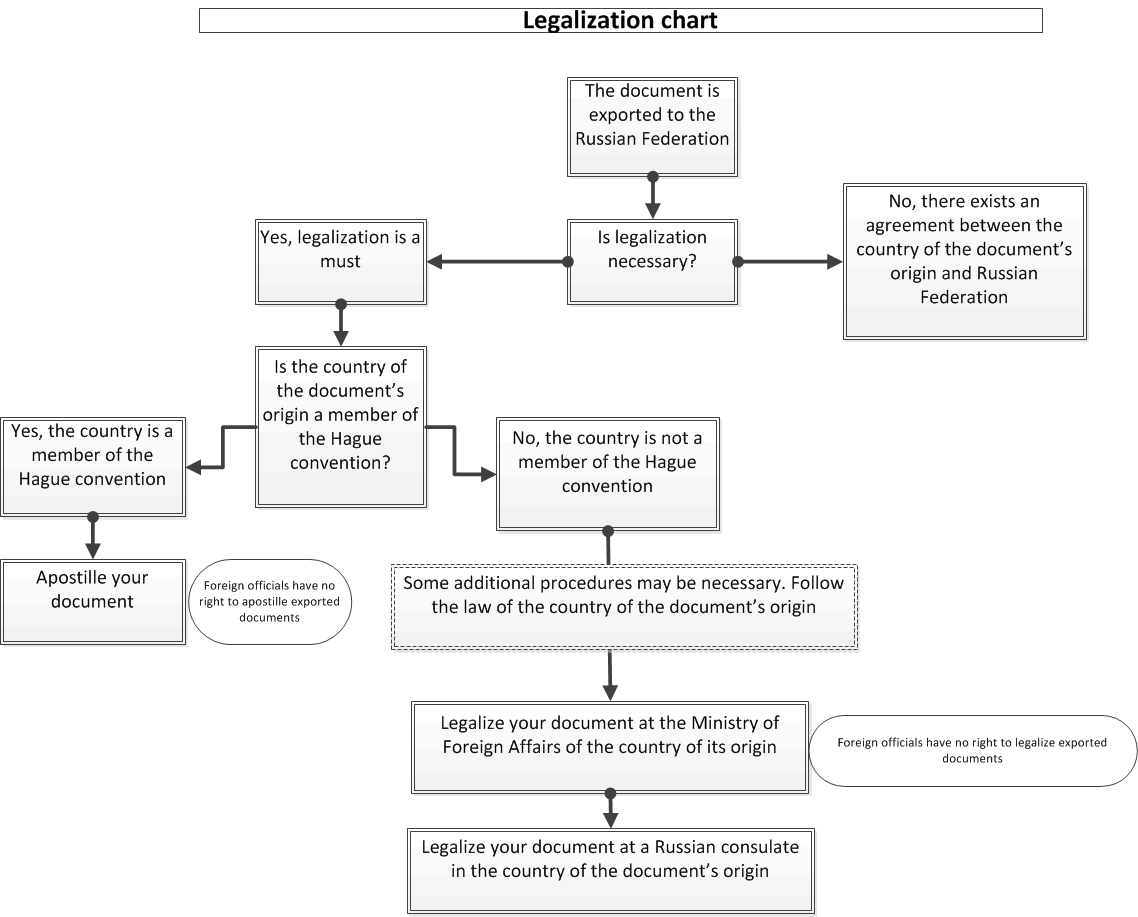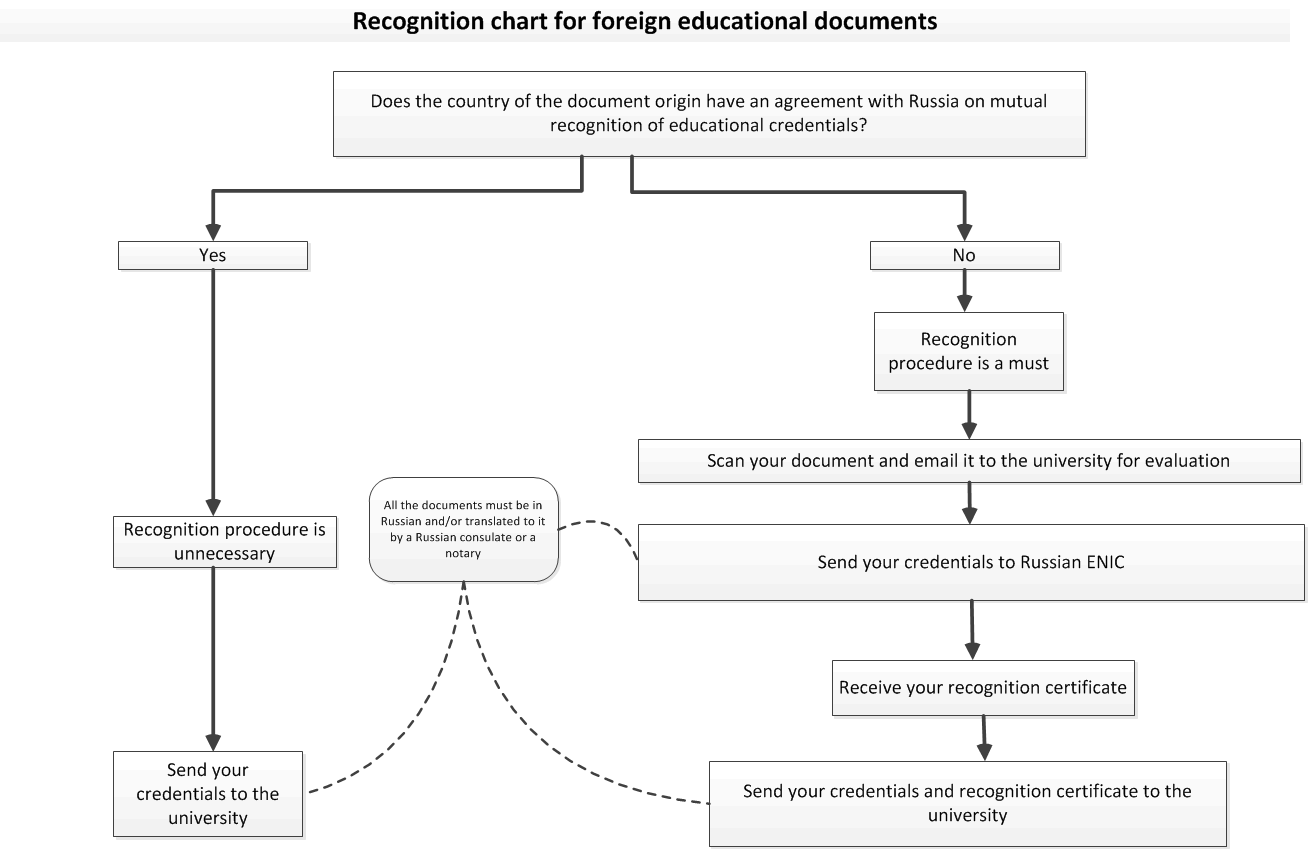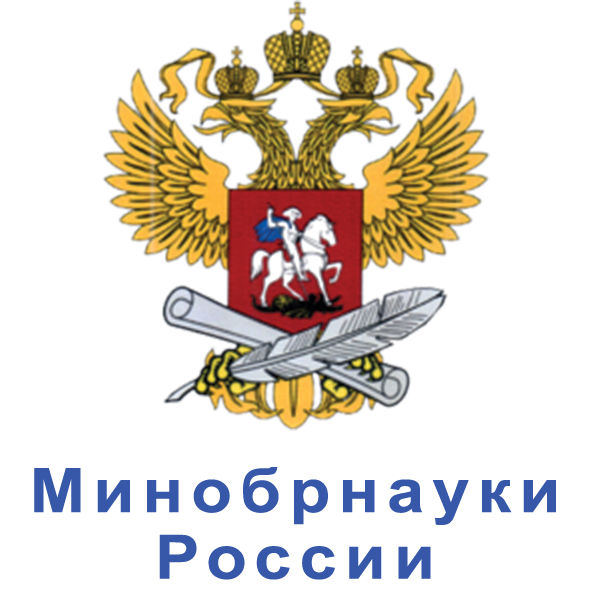Admission of foreign citizens
Kuban State University (KubSU) is a University with rich ninety-eight-year history, well-established traditions and Universally recognized achievements. Its high status confirmed by numerous awards, its known reputation as a leading Center of education, science and culture of the Kuban region have allowed the University to become famous and recognized not only in Russia, but also abroad. Nowadays, more than 28 000 students, including representatives of 55 countries of the world study at Kuban State University.
To see this information in Russian, please go here. Если вы хотите прочитать эту информацию на русском языке, перейдите на эту страницу.

Step-by-step instructions for admission for foreign applicants
- Choose the Program you would like to apply for
- Collect the reqired documents including the documents of previous education
- Make sure your educational documents are duly legalised and translated into Russian language
- Make sure your educational degree is recognized by the National Service for supervision in education and science Rosobrnadzor
- Fill in the application form
- Send your documents to the International Affairs Department for preview interdep@kubsu.ru
- Bachelor’s, Master’s and Doctoral Programs
-
This information is for the candidates who apply for bachelor’s, master’s and post-graduate courses.
To apply for short-term programs, Russian-language course, pre-university course for international students, summer schools, academic mobility go to the bottom of this page.
Be informed that all the courses at Kuban State University are taught in Russian. This means that you must know Russian at at least intermediate level of Test of Russian as a Foreign Language or graduate a pre-university Russian-language course (available at Kuban State University, too).
Applications are accepted as follows:
- at bachelor’s programs June 20 – August 5.
- at master’s programs June 20 – August 5.
- at post-graduate programs June 20 – July 30.
Your educational credentials of the previous tier/level must provide you with the right of the country, which issued it to you, to continue your education on the next level/tier. The right to have an access to a school of higher learning in the country of the document's origin does not imply its automatic transfer in Russia.
Transcripts, credentials and other papers on unfinished period of study do not belong to educational documents but must processed the same way as educational ones.
Please be informed that according to the Russian law entering at the 2nd and further years of training is impossible, which means that the university reserves its right to discard your document of foreign period of study.
Be also informed that training for foreign citizens is charged. The university has no fellowships for international students. You are encouraged to seek financial support to pay the tuition fee, which differs from program to program.
The document/s must be also legalized and recognized.
- Legalization
-
Legalization
Legalization is the procedure, providing the legality of a foreign document on the territory of Russian Federation. It means, that the document must be legalized by the Ministry of Foreign Affairs of the country of the document issue, and then by a Russian consulate at the same country. The legalization is possible only on the mainland territory of the country, which issued you your educational credential. Your citizenship does not matter here. Such “double” legalization is not necessary, if the country, issued your educational credentials, participates in the Convention of 5 October 1961 Abolishing the Requirement of Legalization for Foreign Public Documents (the Hague Convention). Instead, the country, issuing your educational document, apostilles it. Apostillation is stamping a document by a special apostille stamp, confirming the legality of the document. Apostillation is possible only on the mainland territory of the country, issued the document. To know if the country of the document origin participates in the convention and who is responsible to apostille your credentials in the country, please consult the conference’s web-site.
ATTN: both legalization and apostillation are impossible at foreign consulates/embassies of a country.
More on legalization see here.
Please consult the Ministry of Foreign Affairs/Ministry of Justice/Ministry of Education in the country of your document’s origin on how to make your document legal on the territory of Russian Federation, because some countries have agreements on legal assistance with Russian Federation, which may include acceptance of official documents per se. The agreements in Russian are listed on the web-site of the Ministry of Internal affairs of the Russian Federation. Consult the Ministry of foreign affairs of the country of your document’s origin, if the country has such an agreement with Russia.
In all cases, concerning legalization/apostillation, please thoroughly and fully follow the law of the country, issued you your educational document.

After the legalization/apostillation, the documents, filled in a foreign language, must be translated into Russian at a Russian consulate or at another notary office, authorized by the Russian Federation (also possible in Krasnodar). Your passport must be also translated into Russian as described above. There is no need to legalize your passport.
- Recognition of educational credentials
-
Recognition of educational credentials
National educational systems differ from country to country, which means that normally the document, confirming education/training in a foreign country, should be recognized in another. Applying at a Russian school of higher learning, an applicant must confirm, that the knowledge he/she acquired at the previous tier/level of education, is compatible with the Russian legal requirements (Federal Law On Education 273-ФЗ). Such recognition in the Russian Federation is operated by National Information Center for Recognition of Foreign Education (Russian ENIC). Please consult their web-site to know if the country, issued you your credential, has an agreement on mutual recognition of educational documents with Russian Federation. If such an agreement exists, there is no need to apply for the recognition. Otherwise apply the way the web-site describes. The procedure must finish by issuing you your personal Recognition Certificate. The procedure is charged, and generally takes 45 days. Usually, the documents without legalization/apostillation are not accepted for the recognition.

ATTN: documents, which are non-recognized/non-legalized are not considered by Kuban State university.
You may read several examples of how to make your credentials valid in Russia.
ATTN: no deadline prolongation is possible.
- Pre-university course for international students
-
To apply for the pre-university course for international students:
- E-mail your request with the application filled and attached at katrchieva@kubsu.ru, russian.preparatory@kubsu.ru. Also please attach the scan of your passport with photo and personal information.
- Wait for approval.
- Receive the invitation letter. ATTN: the university does not send you your invitation letter via courier mail. Be ready to contact you local courier mail office to order the dispatch and pay for it.
- Visit the nearest Russian consulate to receive one-entry visa to the Russian Federation.
- Upon arrival at the university give a certificate of AIDS- test not older than 3 months and six 3*4-cm-size matte photos.
- If your plans include the following education at bachelor's/master's/post-graduate level, be sure to bring here your educational documents legalized. Otherwise after you finish the pre-university course, you are not given the access to higher learning.








